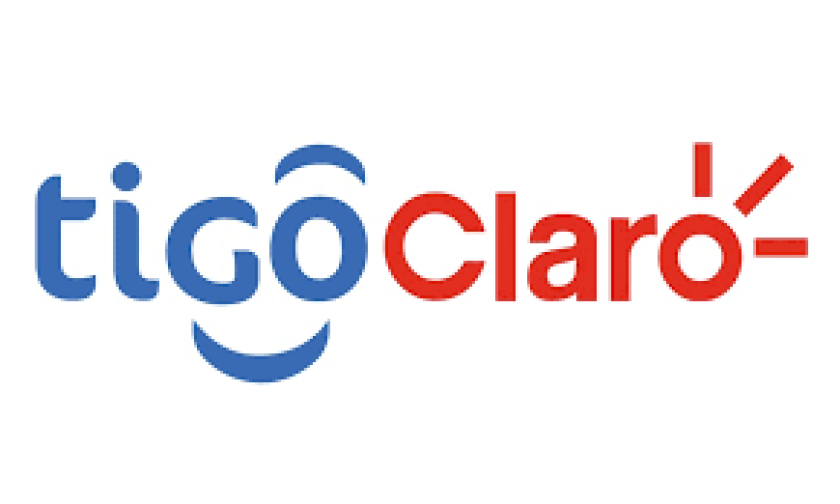Claro Colombia has come out in favour of the anticipated merger between rivals Telefónica Colombia and Tigo, a move that could potentially reshape the landscape of Colombia’s telecommunications market. The deal, if approved, promises to provide Telefónica with an exit strategy from a highly competitive market while enabling it to further streamline its operations across Hispanic America.
The merger, announced in late July 2024, involves Tigo acquiring Telefónica’s 67.5% stake in Telefónica Colombia, with a separate initiative to purchase the remaining 32.5% from the Colombian government. This strategic move builds on their existing 50:50 network-sharing joint venture, initiated in June 2023, aimed at optimising spectrum use and reducing operational costs. The joint venture has already led to a significant acquisition of 80MHz of 3.5GHz spectrum rights in Colombia’s December 2023 auction.
Claro’s backing highlights its belief that this merger could bolster financial stability within Colombia’s telecom sector, which is in dire need of robust and well-capitalised players. According to reports by El Tiempo, Claro asserts that the merger will attract fresh investment into the market, which is essential for sustaining high-quality services amidst increasing customer expectations and competitive pressures.
The merger proposal comes against the backdrop of increased market challenges, including the April 2024 bankruptcy of the mobile network operator WOM Colombia. The deal has received cautious support from Colombia’s Minister of Information Technologies and Communications, Mauricio Lizcano, who views it as a potentially positive development for the country.
Claro has expressed that the merger could drive significant reform in the telecom sector, which has long struggled with some of the lowest fixed and mobile internet rates in Latin America. The operator argues that the market demands more substantial investments to meet growing consumer needs.
Both Telefónica and Tigo have been adapting to these market pressures. Telefónica has been moving towards an asset-light model in various Hispanoamérica markets, while Tigo’s parent Millicom has focused on its Project Everest strategy to enhance profitability. Additionally, both companies have been monetising their infrastructure assets, with Telefónica creating a fibre joint venture with KKR and Millicom selling tower assets to various buyers.
Despite these changes, Claro remains the largest telecom operator in Colombia, with a considerable lead in mobile subscribers. At the end of 2023, Claro had 23.7 million users, significantly surpassing the combined 16.7 million subscribers of Telefónica and Tigo.
In summary, Claro’s support for the Telefónica-Tigo merger signals a potential shift in Colombia’s telecom sector, promising to foster greater investment and innovation while addressing long-standing market issues.

